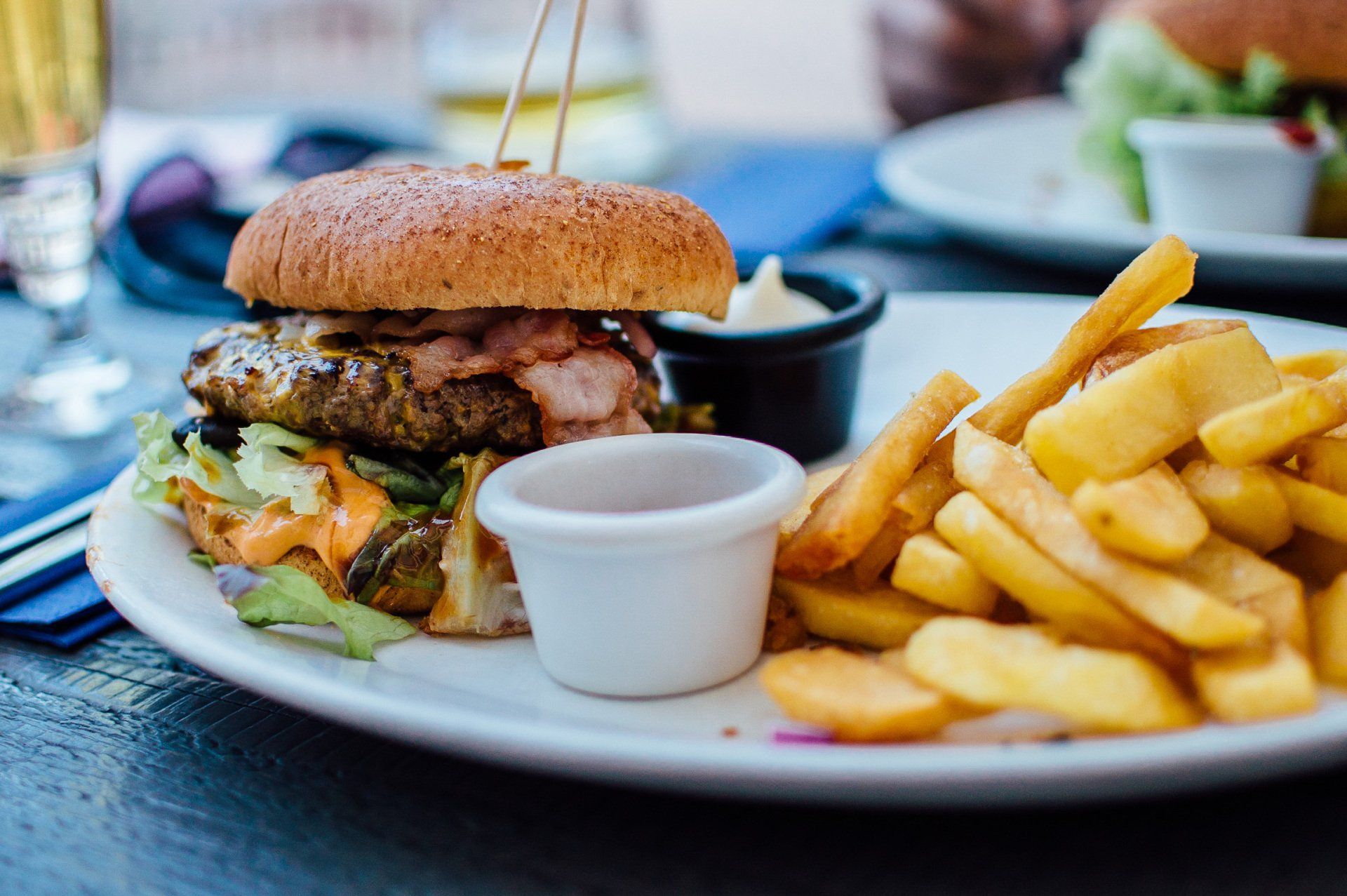The link between diet & depression
Do you know that what you eat impacts the quality of your thoughts and emotions?

Yes you have read that right! The foods you eat directly impact on your brain functioning either enhancing it's function or impairing it... the choice is yours!
Did you know your emotions are experienced in your brain? These are "felt" in your limbic brain and are generated by your physiology and biochemistry (the way you move, breathe, eat, drink etc) and your thoughts, believes, values and identity you assume. Lots of things to discuss here which i want to unpack in future blogs, but for now let talk about how food impacts your brain and your emotions.
So what are the common mistakes most people make that worsen their mood and cognitive functioning.
- They skip breakfast. Your brain although it only weights 1.5 kg consumes 30% of available blood sugar. During the night this process continues and by morning your sugar levels become depleted. When skipping breakfast your brain will trigger your adrenal glands to produce more cortisol and adrenaline which help create new glucose. Unfortunately this process of almost starving the brain stresses the body and besides weight gain and a compromised metabolism you will also lose precious neurons in the brain. These are needed for neurotransmitter production and faster communication, making you moodier and slower during the day. In addition, running high on cortisol also leads to inflammation which will further worsen your mood and cognition.
- TIP- Eat a hardy breakfast with protein within 30 min of waking up.
- They have irregular meals during the day. As mentioned the brain needs stable sugar levels which means that if you are not keeping regular eating times you will continue to stress the body and brain and worsen your mood and health.
- TIP- Eat every 3-4 hours and make your lunch the biggest meal of the day.
- They eat junk food (excess refined carbs, sugar, processed meats, fatty meals) and not enough fresh fruit and vegetables. Food quality is key for brain and overall health. Nutrient density is needed by every cell to create energy, which is the currency needed for every activity and function we perform. Junk food is nutrient depleted, which means the body wont have the right substrates needed for energy generation and repair, making you feel tired, unfocused, more anxious and depressed. Further this type of food comes with excess sugar, fat and nasty chemicals which stress your body and your gut. Feeding your gut bacteria the wrong types of foods can lead to gut, brain and body inflammation which will worsen your health and mood. Further as important neurotransmitters are produced in the gut when your gut in unhealthy you will end up with less serotonin (feel good neurotransmitter) and dopamine (motivation, pleasure neurotransmitter)... meaning more depression and inability to get things going in your life.
- TIP- Eat minimum 3-4 pieces of fruit and 1 salad every day.
- They are dehydrated and drink caffeine. When you are dehydrated nothing works properly in your body. You will experience lower energy, worse anxiety and depression, more aches and pain, migraines, dry skin, constipation and the list goes on. As you are more 70% water you simply can't afford not to drink enough during the day. This is a priority that needs to be addressed before food. When dehydrated your cells shrink and their ability to create energy, neurotransmitters, hormones etc reduces greatly making your less than you really are. What is worse is that most people besides not drinking enough water, they overconsume coffee and caffeine which dehydrates and stresses your body further. In addition caffeine also stresses your brain making your mood but also sleep much worse.
- TIP- Drink minimum 2-3 litres of water per day and stop all caffeine/ coffee intake. To calculate your required recommended fluid intake multiply your weight by 0.35 ml.
In my clinic before i talk about the "right types of food" for brain health i look at addressing the basics of your body and brain functioning. If you are working against your circadian clocks and experience stress the best diet on the planet wont make that much of a difference unless we create stability in your system. This can be done through food but also breathing, sound, movement, exercises, sleep and rest, detox and other modalities that needs to be integrated along side the right dietary strategy.
Anca Vereen is a Melbourne integrative dietitian, nutritionist, psychotherapist, breathing coach, Nutrigenomics lecturer who specialises in mental health. For more details or to book and appointment please visit www.ancavereen.com.
To learn more about depression please visit https://www.beyondblue.org.au/the-facts/depression




